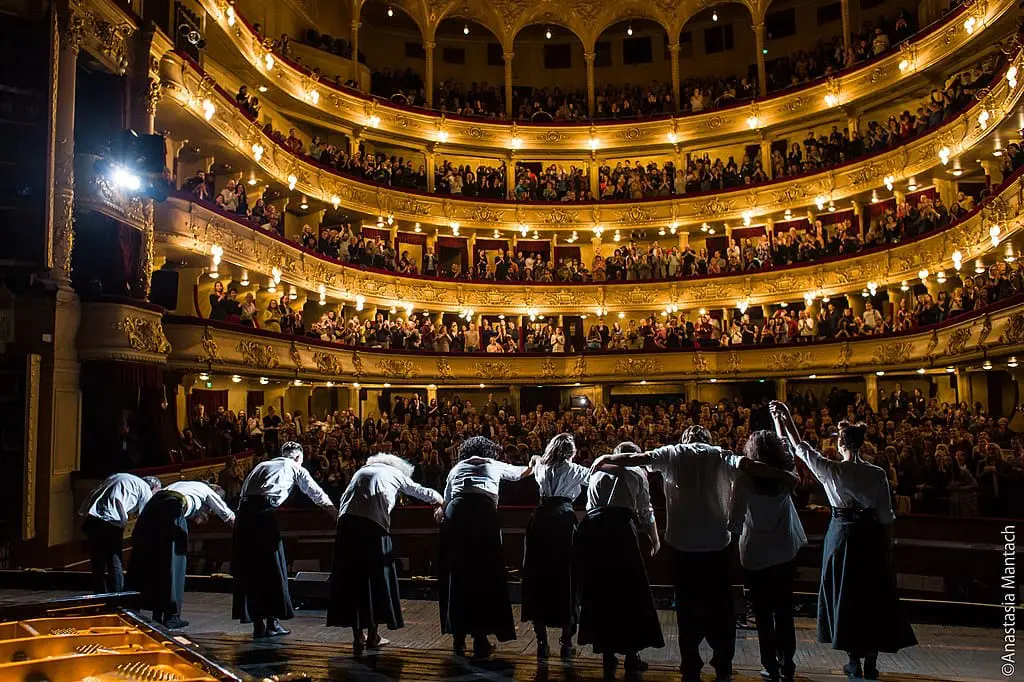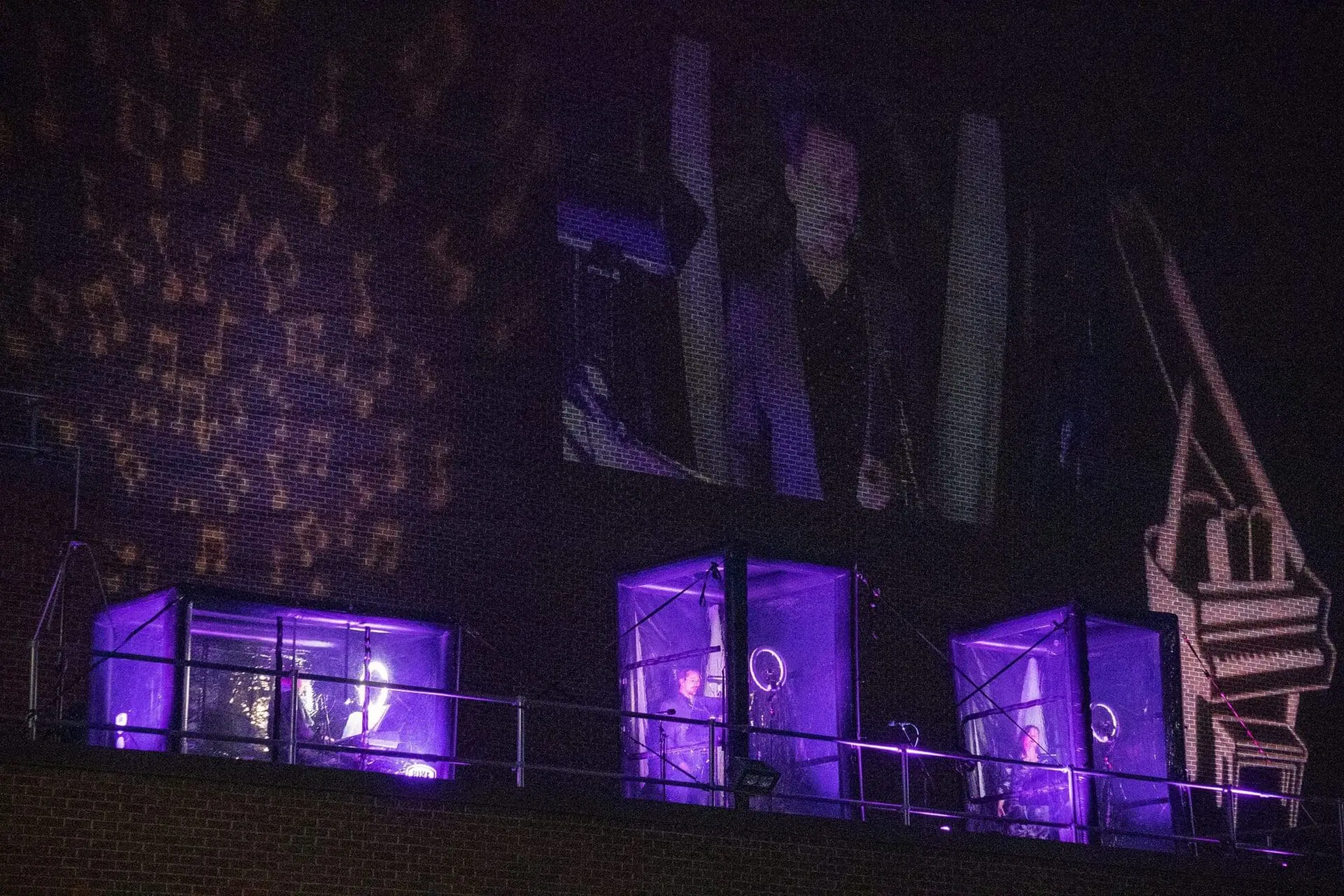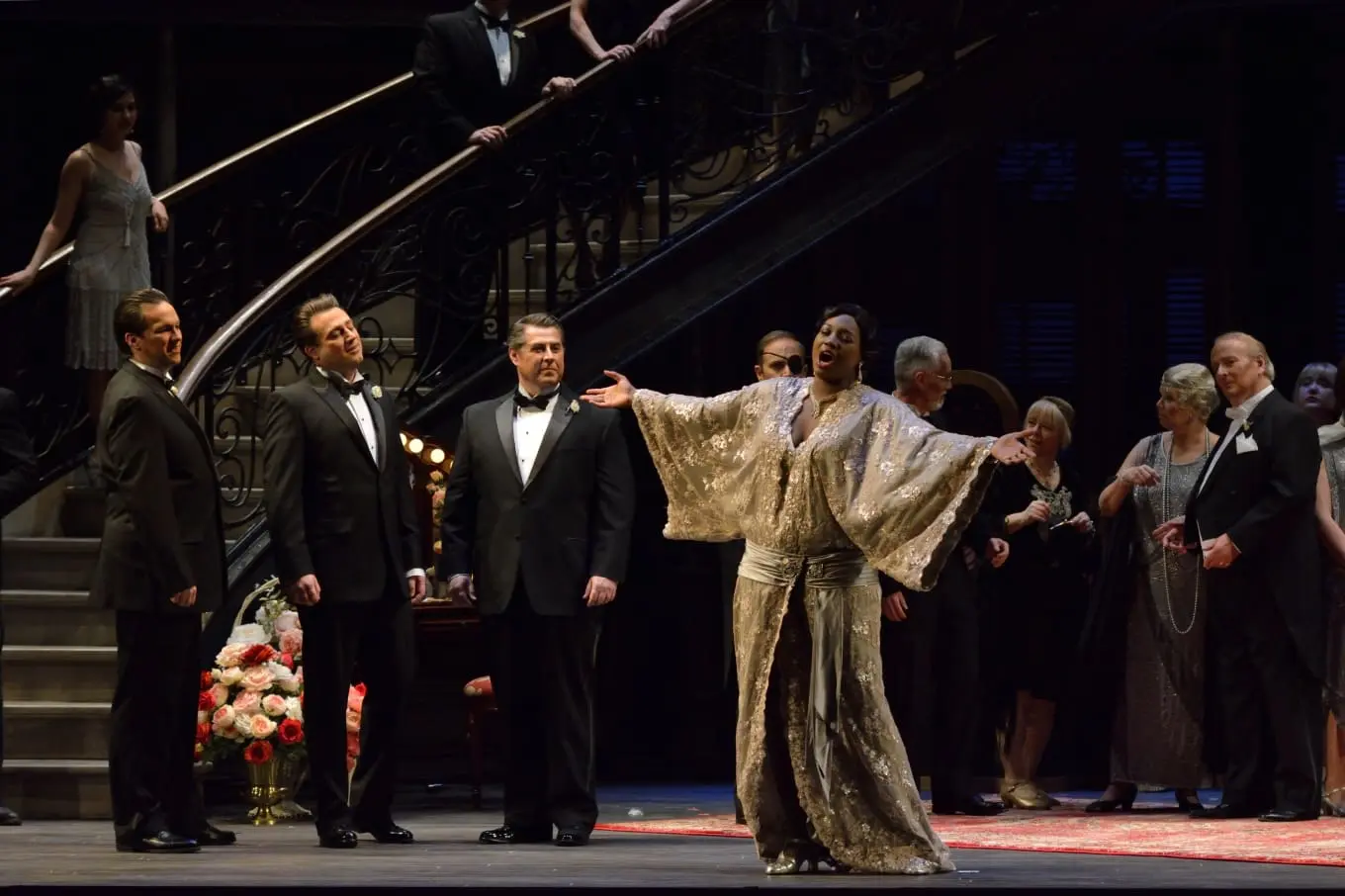This piece was originally published in our Spring 2021 issue; for this and the rest of our exclusive content, peruse our subscription options.
Due to the COVID pandemic there have been, for some time in Canada at least, no truly live, in-person performances, so we’ve had to get our ‘opera fix’ in a variety of different ways. In practice this means ‘digital content’—essentially what we used to call television. This has raised questions about what we mean by ‘live’ and how the increased exposure to televised content may have changed audience preferences and behaviour. Potentially this has major impacts for opera company business models.
When theatres first closed, many companies and individual artists scrambled to create an on-line presence. Some of this was polished, some less so. Some companies planned a ‘flexible’ season where a live (reduced) audience would be combined with live streaming. Some tried to turn the broadcast of a recording into a ‘live event’ by encouraging commentary on social media. As an audience, we scrambled to access content formats which for many of us were new, and as time passed, started to ask ourselves what, in fact, we were missing and what, perhaps, we had gained.
One question I asked myself and a few other regular opera goers, was whether we still valued ‘live’ and what it meant to us. It’s clear that, at least for some of us, ‘live’ means people coming together physically to simultaneously make and experience art. For us, a pre-recorded show, or even a simulcast is not ‘live’ just because it has a concurrent Facebook chat. So for me, and many others, getting back to the theatre is essential.
There may be a ‘sympathy buy’ right now for streamed content from second tier players, but it won’t survive COVID.
We’ve also learned a lot more about what is available digitally in general; especially those of us who were too busy going to live shows to explore much before. If you like ‘televised opera’ there’s a treasure trove out there. You can watch productions from top houses with starry casts and very high technical values, usually for free. Digital removes geography from the equation. It doesn’t matter whether a show was recorded down the street or in Berlin. One can watch it anywhere, anytime. This increased awareness isn’t going to go away post COVID.
Opera companies will potentially be competing in two markets; a local one for live performance and a global one for digital content. It seems clear to me that only major, or very niche, companies can hope to compete in the non-local space. Only they will be able to afford the sort of technologies required to create ‘different for digital’ content, and/or offer the kind of casts and productions that will attract a large on-line audience (and even these companies may struggle to monetize ‘premium content’ as long as there’s so much competition that’s offered for free). There may be a ‘sympathy buy’ right now for streamed content from second tier players, but it won’t survive COVID. When a punter in, say, Pittsburgh, asks “whose La Bohème shall I watch online?” there’s no special reason why it should be Pittsburgh’s. It may even play out that increased awareness of digital content permanently reduces the demand for live performance.
All opera companies, but especially
the smaller ones, will need to adapt to survive.
So, to compete, smaller companies will have to think very hard about their value proposition. This almost certainly has to be ‘local,’ meaning marketing will need to focus on the value of ‘live’ like never before. Selling the ‘value of live’ will be essential for the survival of smaller opera companies if they stick with standard rep. A major shift to digital consumption could wipe out the regional opera company as effectively as radio and television wiped out variety theatre. The case for ‘live’ is, I believe, a strong one. It just needs to be made strongly enough. An alternative would be to find a completely different value proposition. Maybe smaller companies should leave the standard rep to the large companies and focus on something different that would have a value proposition locally and non-locally?
Bottom line, the post-COVID world will see a return to theatres but it will be
in a different competitive landscape. All opera companies, but especially
the smaller ones, will need to adapt to survive.
John Gilks trained as a mathematician before embarking on a career as a management consultant and healthcare IT specialist. He’s been writing about opera and art song for about ten years and is a regular contributor to Opera Canada and Bachtrack as well as his blog, Operaramblings.













